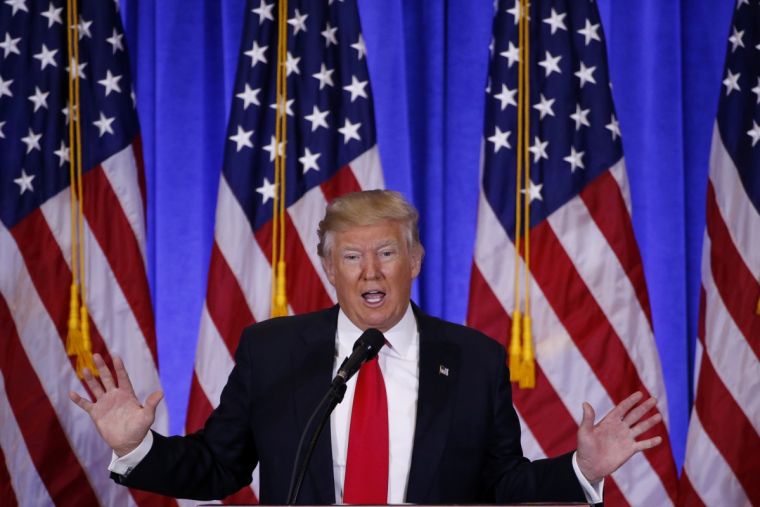Why Christian leaders must help the fight back against 'fake news'

Christian leaders have a special responsibility to counter 'fake news' across news and social media, according to the latest research from Barna.
Nearly one in four people believe fake news is produced by mainstream liberal media.
But among evangelical Christians in particular, more than half blame liberal journalism. Four in 10 practising Christians overall believe liberal journalism is the problem, along with nearly half of all Republicans.
Barna reports that what is surprising is that Democrats, liberals and those of no faith are not quite as willing to similarly blame rightwing media for fake news.
These groups instead believe that fake news stems from mishandling of information on social media.
Barna reports that television news remains the most trusted source for reliable information, even for President Trump himself. This is followed by local and then national newspapers. However, even though TV is trusted, Americans spend more time browsing the web than watching television.
Further, web-based content is competing with local and national papers as a trustworthy source, says Barna.
On moral and religious issues, Americans look to their families or a book over online sources.
The report comes as figures show two-thirds of American adults now use social media to get their news headlines, and one in five use social media web sites like Facebook or Twitter throughout the day to learn something new or get new information. Six in 10 never listen to podcasts.
The term 'fake news' has become a political weapon.
Popular fake news stories include a report that Pope Francis endorsed Donald Trump for president and a claim that Ireland was welcoming Americans fleeing a Trump presidency.
Roxanne Stone, editor in chief at Barna Group, said: 'Fake news is not a new thing.
'There have always been proliferated conspiracy theories, exaggerated statistics and reporting errors. However, there has never before been such easy access to, nor ease of distribution for, those stories. The democratisation of media via the internet – the ability for anyone to search for and find news from every news source, and the ability for anyone to create, post and/or share media with everyone – has allowed fake news to spread much faster and much farther than ever before.
'This democratisation of the media landscape has also challenged notions of authority, of who is allowed to generate the news. The traditional gatekeepers, all of whom have their own biases and privileges, are no longer the only purveyors of news. There is good here: stories from minorities and those long ignored by mainstream media are now gaining a platform. Yet there is also a negative side: with fewer gatekeepers, it's become increasingly hard to discern what's trustworthy. Which presents an increasing need for leaders, at church, in the media, in schools, who can help others make sense of the world in generous and discerning ways.'
She said Christians and spiritual leaders could help people counter the popular tendency to misunderstand or exaggerate fake news social media. 'To be a good steward of our social media platforms includes a responsibility to do our research: to fact-check a story before sharing it, to double-check a news source to make sure it's a credible one, to attempt to widen our circles and our reading outside our own echo chambers and biases.'











